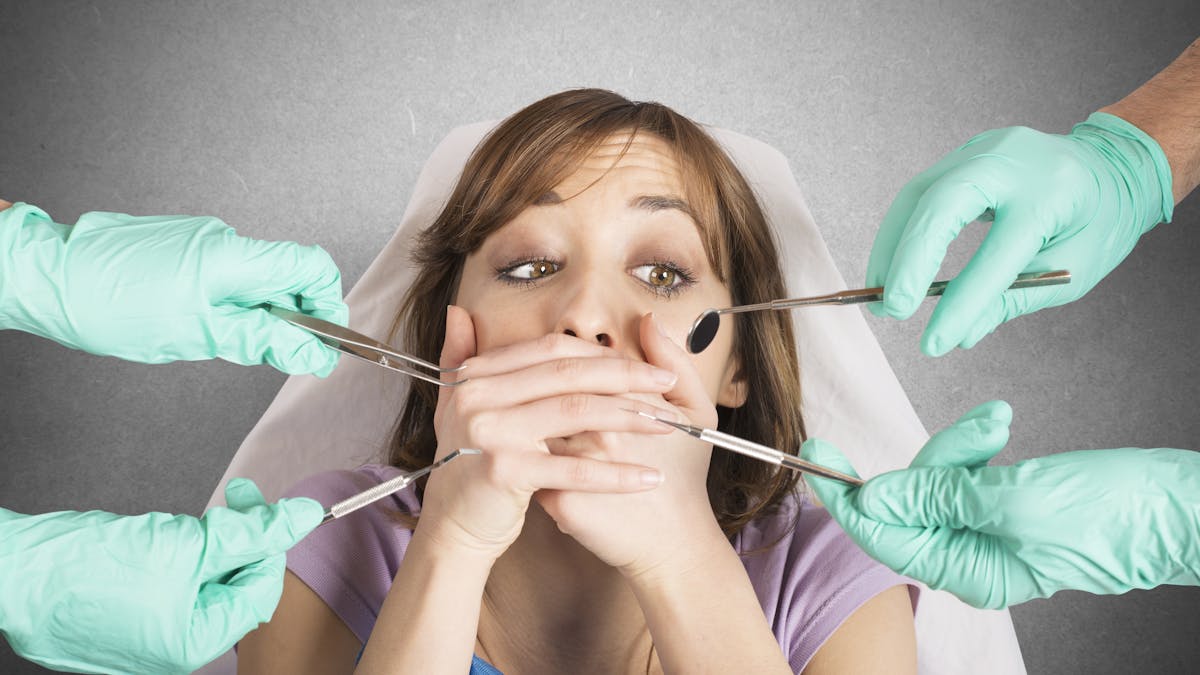What are braces? Braces refer to removable or fixed orthodontic appliances commonly used to correct various dental defects such as alignment of the bite and teeth. Braces can be placed on the bottom, top, or both sides depending on the type of correction needed.
What Are The Different Types Of Brackets?
Advances in dental technology have led to the invention of various types of braces ranging from clear to tooth-colored braces, and ceramic to metal braces thus offering a wide range of options depending on your needs.
Different types of braces in Round Lake include:
Ceramic Braces: These braces are made up of high-tech composite components such as glass, and therefore the material is quite expensive compared to other braces.
Image Source: Google
Sapphire Bracket: Pure single crystal sapphire is used to make this type of bracket. They are quite strong, translucent, and resist most stains except those caused by smoking, food, etc. Sapphire braces fit snugly against the patient's teeth and are therefore invisible, especially if the patient has white teeth.
Traditional Silver Braces: These are the most popular and common types of braces, including the latest in braces designs and functions that allow for the precise and most effective movement of the teeth.
Lingual Braces: These braces are usually placed just behind the teeth. They are the traditional form of metal braces made of wire, although they are usually invisible from the outside of the teeth and are therefore invisible.
Other different types of braces are braces made with metal bands, Inman liners commonly used for minor dental problems, and finally, friction-free Damon braces designed to straighten teeth.
